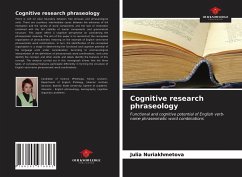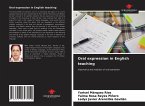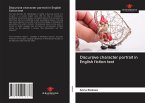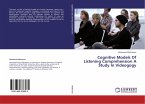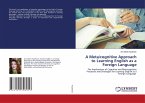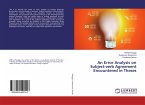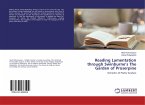There is still no clear boundary between free phrases and phraseological units. There are countless intermediate cases between the extremes of full motivation and the variety of word components and the lack of motivation combined with the full stability of lexical components and grammatical structure. This paper offers a cognitive perspective on considering the phraseomatic meaning. The aim of this paper is to reconstruct the conceptual organization of phraseomatic meaning on the example of English verb-name phraseomatic word combinations. In turn, the identification of the conceptual organization is a stage in determining the functional and cognitive potential of the language units under consideration. According to onomasiological interpretation of the definitions of phraseomatic word combinations, verb units identify the concept, and other words and labels identify the features of this concept. The analysis carried out in this monograph shows that the three types of conceptual features participate differently in forming the structure of English verb-name phraseomatic word combinations.

